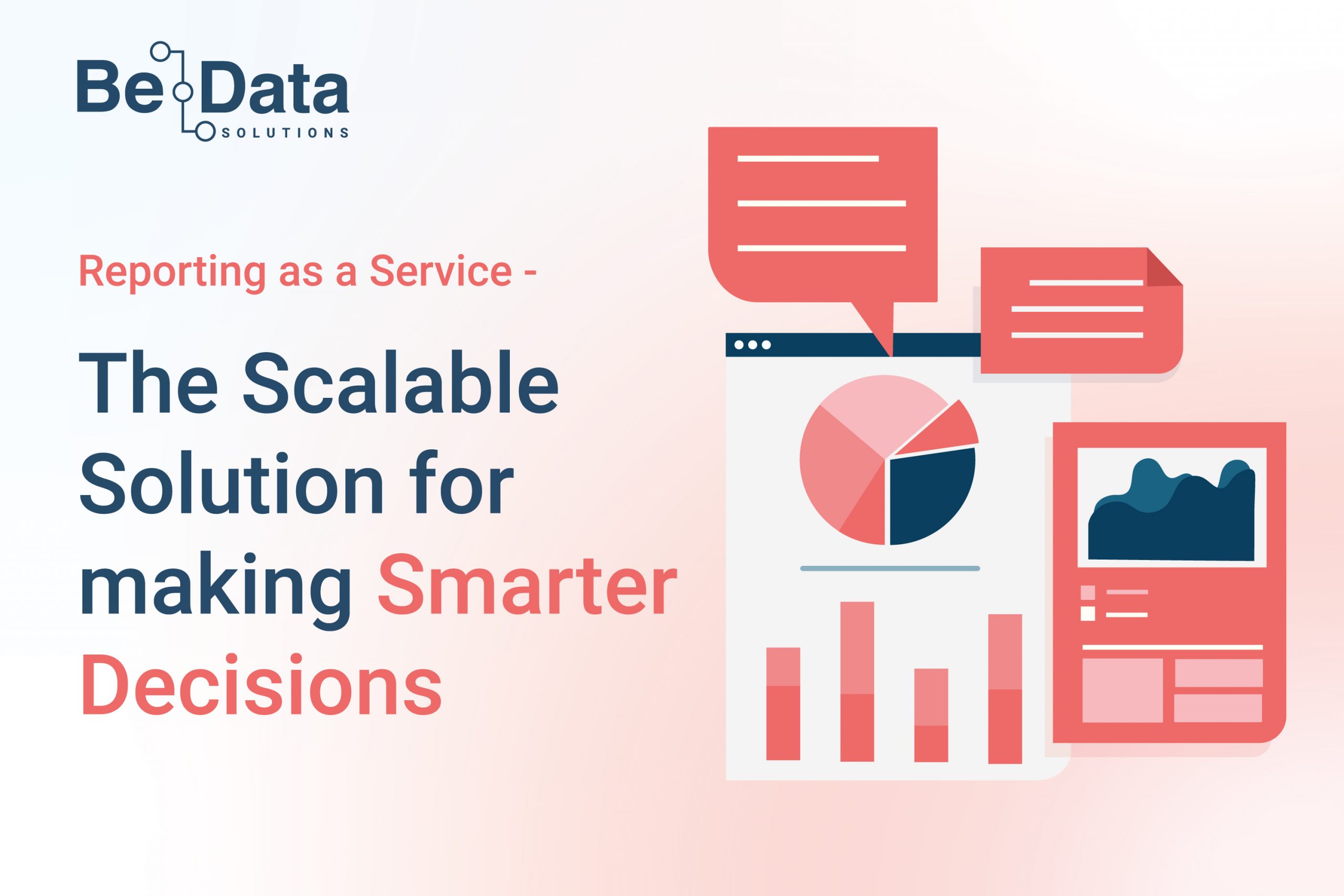
Wherever I have worked, there has been some form of regular reporting.
This is either done by a dedicated analysts or analytical team or part of someone else’s remit, such as a finance analyst, marketing executive or even sales person. This task is usually conducted at a weekly level, or at a minimum at a monthly level, and the same reports are produced to an agreed time frame and typically some commentary is produced.
Occasionally, the business wants insights, but often they don’t know what exactly they want, but typically just want a better summary of the data. I’ve seen companies spend hundreds of thousands if not millions on automating these reports, and even deploying systems which they hope would allow the business to self-serve.
However, even with such effort in streamlining reporting, there is always a need for an individual to continue to run reports. In some organisations, it’s just not possible or too much effort to centralise all the data and an analyst or team of analysts is needed to collate the data and create the reports. Often these reports are all needed on the same day, so weekly reports needed by end of play Monday, or monthly reports within three working days of the month ending, and this stretches the team as workload exceeds capacity.
There is then the need to delve deeper into some numbers, especially if the business has changed something and you want to see its effects. Or a number has gone up and down unexpectedly. This then requires an analyst to look at the data in more detail and find out what happened.
Organisations are also stuck in a situation where the complexity of their data and systems need specialist skill sets. However, these skills are not needed full time, just factional, such as the need for a data engineer only 1 day a week to fix data pipeline issues or a database developer to create a table view only a few times a week. Since, hiring them full time and just having them sit around waiting for a task to emerge is wasteful, in terms of human capital and money. They also struggle to just hire these roles on a fractional level and engaging with freelancers can be expensive and also the organisation becomes dependent on the freelancers availability.
Through my years of witnessing this scenario play out in most organisations I have worked with, I wondered if reporting could be purchased as a service. Could organisations just pay a monthly fee to a third party who then puts together the necessary infrastructure, resources and skillsets to get the reporting job done.
Since the typical agency or consultancy model requires you to commit to full or portions of data resources, it’s hard to determine who you would need when and therefore, could be left with paying for resources you don’t need or get too less of a resource you need more of.
I’ve been on all sides, inside a client running a reporting team, inside a client using a consultancy to do my reporting, and within agencies delivering reporting for clients. I’ve even had offshore resources doing the reporting to make it cheaper to do the task, but the same problems still exist, it’s just you are spending somewhat less money.
They all have their positives and negatives, but none of them fully solve the problem. This is where I was hearing about reporting and analytical services being offered as a SaaS model. People I’d met and spoken to were working on business models whereby they could offer a package of services that clients could purchase for a fixed monthly fee and in exchange they got a certain number of hours, projects or tasks delivered by one or more resources.
The client didn’t need to worry about what skills or resources they needed, the ‘as a Service’ provider took care of all of that as long as it was in the scope of the agreement..
This led me to create Reporting as a Service, as one of the services offered by BeData. A monthly fee, you can be up and running with a reporting service that takes care of all your regular reporting needs and also some hours included for those drill down questions you might have.
All of this is managed on a workflow and ticketing system so you have full visibility of when your reports are being delivered.
If you would like to know more, then please do get in touch with us at hello@bedatasolutions.com and one of our consultants will help you create the right reporting package for your company, with a fixed monthly fee so there are no surprises.
